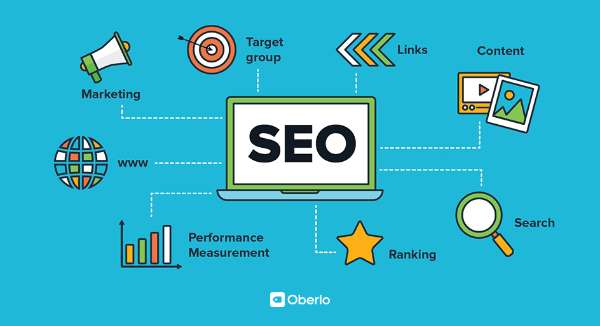Both on-page SEO and off-page SEO involve taking measures to improve your visibility in search results.
However, they are quite different.
Let's take a look at their differences and how to use them.
What is the Difference Between On-Page SEO and Off-Page SEO?
On-page SEO refers to the actions you can take on a webpage to improve its ranking in search engines, while off-page SEO refers to actions you can take outside of your website to improve its ranking.
Generally speaking, on-page SEO makes your content more user-friendly and search engine-friendly.
On-page SEO might include:
Writing unique titles for your pages
Adding links between pages on your site
Optimizing images on your website
Off-page SEO primarily focuses on enhancing your website’s reputation.
It might involve:
Getting other websites to link to your site
Promoting your brand on social media
Managing reviews on external platforms
Why are On-Page SEO and Off-Page SEO Important?
Both on-page and off-page SEO help you gain more organic (non-paid) visibility on relevant Search Engine Results Pages (SERPs), which in turn drives more high-quality traffic to your website.
Google considers both on-page and off-page factors when ranking search results.
Therefore, to achieve a prominent ranking, you usually need to balance both on-page and off-page SEO.
When Should You Use On-Page SEO and When Should You Use Off-Page SEO?
In general, you should focus on on-page SEO first before turning your attention to off-page SEO.
This is because on-page SEO helps Google understand your webpages and ensures users have a good experience on your site.
So, it lays the foundation for your success.
Additionally, you have full control over on-page SEO work since it involves making direct changes to your website.
Off-page SEO, on the other hand, is not as straightforward and can be difficult to achieve, as you often rely on others to support your site.
However, when all other conditions are equal, Google may rank a reputable website above a less reputable one. Thus, off-page SEO could be necessary for gaining (and maintaining) a competitive edge.

![SEO:4 Strategies for Building High-Quality Backlinks [+ Examples]](/static/upload/image/20240905/1725551387544898.png)


